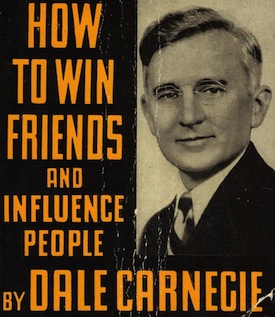Santa Cruz mayor's keynote surf challenge caps inaugural Civinomicon

The Santa Cruz style of leadership.
Civinomicon was a weekend of interesting conversation about making Santa Cruz a better place, punctuated by comments from speakers who actually have that goal in their job descriptions.
Santa Cruz County treasurer Fred Keeley, supervisor Zach Friend and Santa Cruz mayor Hilary Bryant keynoted last Friday, Saturday and Sunday respectively.
“We were having a discussion about economic development and the ideas started flying. The conversation was magical,” said Bryant, who also participated in the interest group sessions.… More








